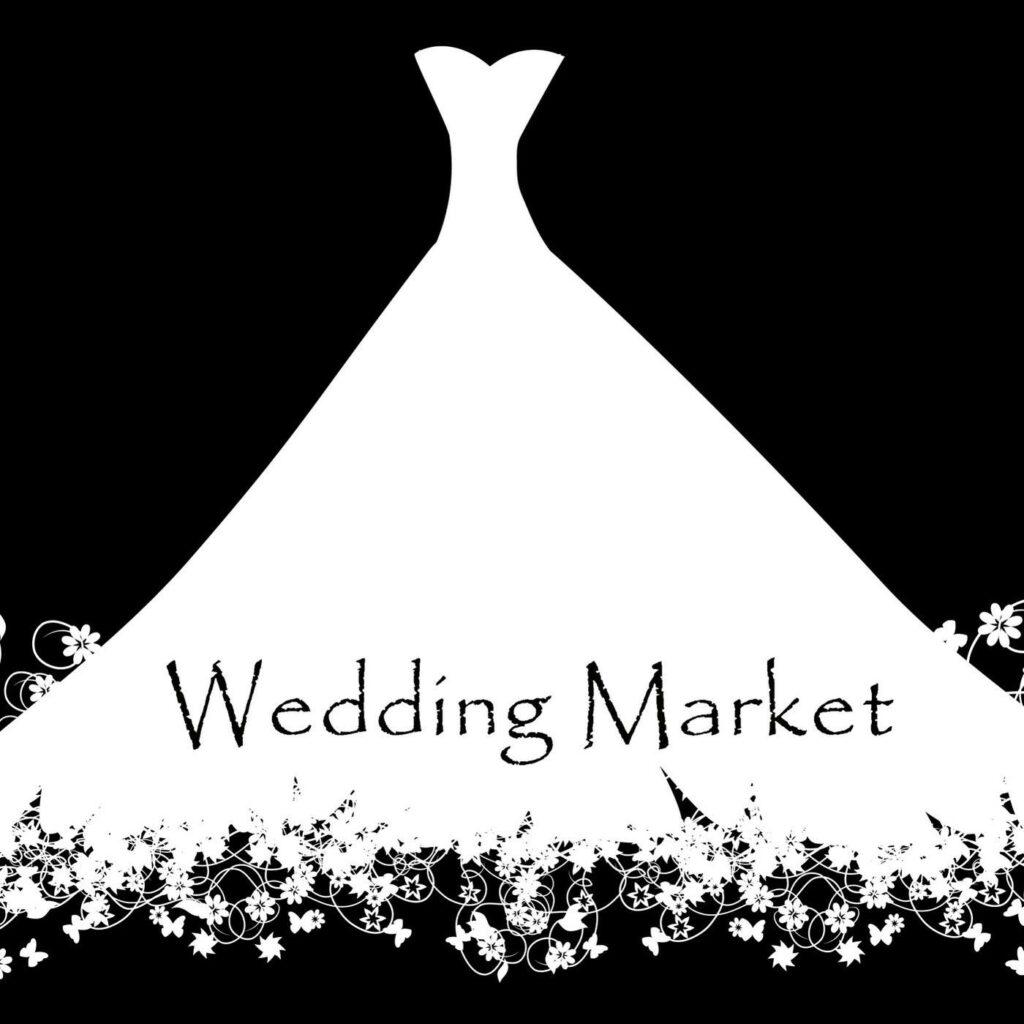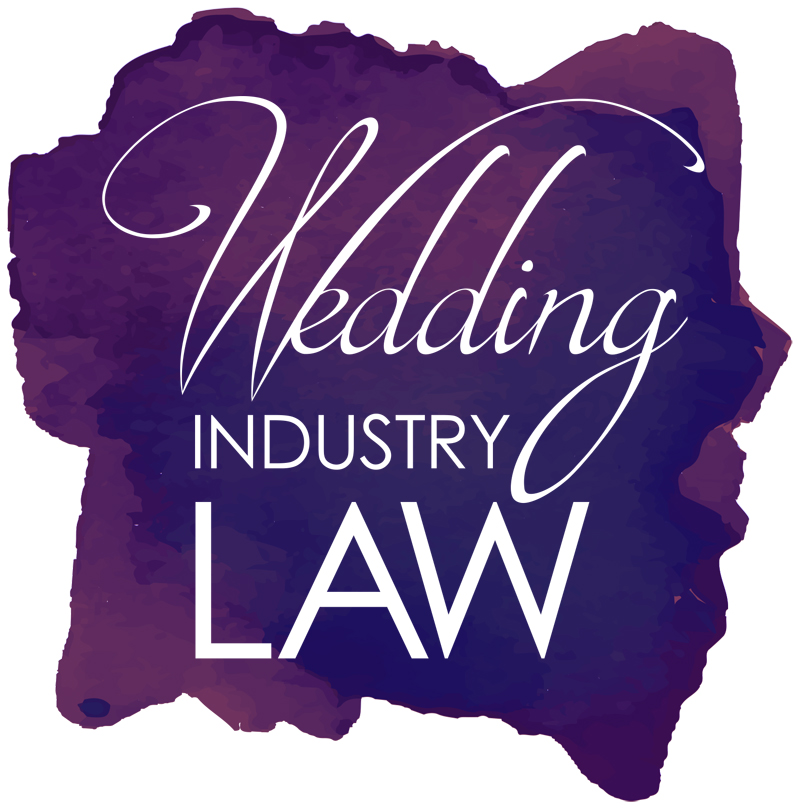
I had the chance to join Julie Albaugh for last week’s Wedding Market Chat, one of Twitter’s most popular weekly, wedding-dedicated live tweets. In fact, the good folks over at TwitterGrader.com have ranked Julie #1 for wedding searches for #followfriday. Interesting, because the folks over at TacoBellGrader ranked me #1 consumer of Doritos Locos Tacos Supremes. So, there’s that.
Anyway, Julie and I talked about all things wedding business defamation and beyond. Here’s some more info on wedding market chat and a brief transcript of the episode.
“Wedding Market was selected as #3 of the top 10 social media influencers in the Wedding industry by Wed Biz Media. She is the host of the weekly Twitter chat for #WeddingMarket every Wednesday at 1:00 EST. Some of the Wedding Market guests have included Disney Weddings, Randy Fenoli, David Tutera, Cake Boss, Preston Bailey, Darcy Miller, Sharon Sacks, The Knot and WeddingWire. Wedding Market was selected as #3 of the top 10 Social Media influencers in the Wedding Industry by Wed Biz Media. The tweet reach for #weddingmarket hashtag is between 2 to 12 million every Wednesday.”
Q1: What is slander or defamation?
Answer: Defamation is a false statement that lowers the reputation of a person or business. Defamation that is spoken is slander. Written defamation is libel.
Q2: What can wedding pros do to avoid a bad review?
Answer: Nothing other than to do a good job at the event. To be clear, a TRUE statement is NOT defamation. So, the client’s fair statement about a crummy job is completely legal.
Q3: What the difference between defamation and free speech?
Answer: Free speech is speech that is generally not able to be censored or prevented by the government. Free speech does not include all speech. For example, revealing classified state secrets, copyright infringement. Fighting words, threats, sexual harassment in the workplace, and defamation are NOT protected speech. That’s why defamation may result in civil lawsuits against the defamer.
Q4: How do you eliminate disparaging and defamatory statements without resorting to litigation?
Answer: If the client is upset, ask “What Can I Do To Make This Right.” Generally lawsuits are not a result of the mess up but the result of how the wedding pro handles the mess up. However, a good idea is to bargain for silence AFTER the client has expressed concern or threatened a bad review.
Q5: Who is liable for defamatory online statements?
Answer: Any person that publishes or republishes a defamatory statement is liable for defamation with some exceptions. Major internet review sites are immune from defamation lawsuits.
Q6: Why are major online review sites protected from defamation claims?
Answer: They have lots of lobbyists. JK. It would be nearly impossible to have sites like Yelp or the Knot otherwise.
Q7: How hard is it to prove a defamatory case?
Answer: It depends on the case. But in my experience, these cases can be problematic.
Q8: What is a Non-Disparagement Clause?
Answer: It is an agreement between two parties that one or both will not publish statements that would disparage or hurt.
Q9: Can a wedding professional have a non-disparagement or no-review clause in their contract?
Answer: It depends on what State you are in. For example, California doesn’t allow them. Georgia does. But non-disparagement can be bargained for AFTER a contract is signed in all States.
Q10: What is the key difference between a defamatory statement and a disparaging statement?
Answer: Defamatory statement is a FALSE statement that damages. A disparaging statement is a TRUE statement that damages.
Q11: Are Non-Disparagement Clauses in Wedding Vendor Service Contracts Enforceable?
Answer: It depends on what State you are in. For example, California doesn’t allow them. Georgia does.
Can’t get enough? Read the rest of the transcript over at Wedding Market Chat.
